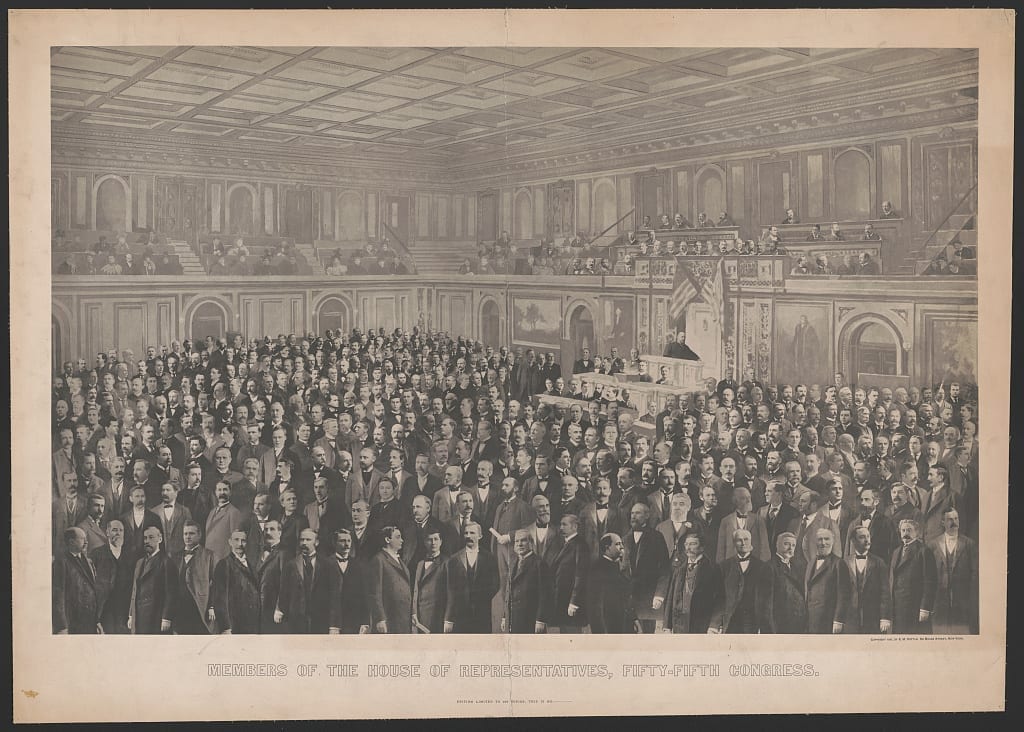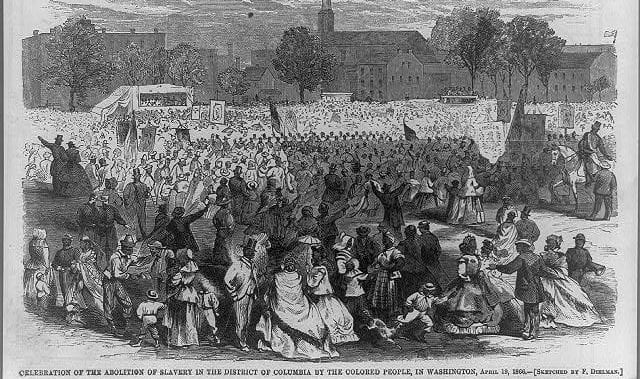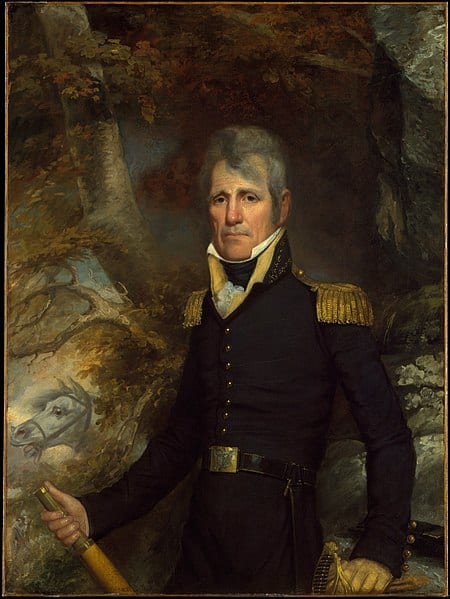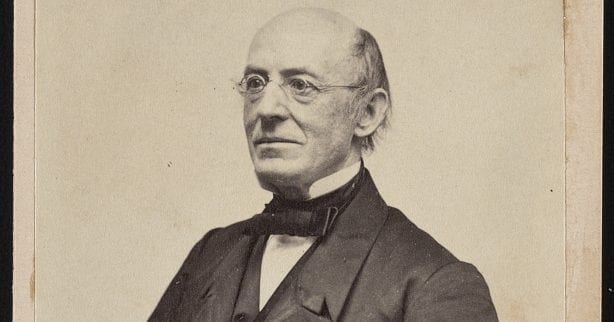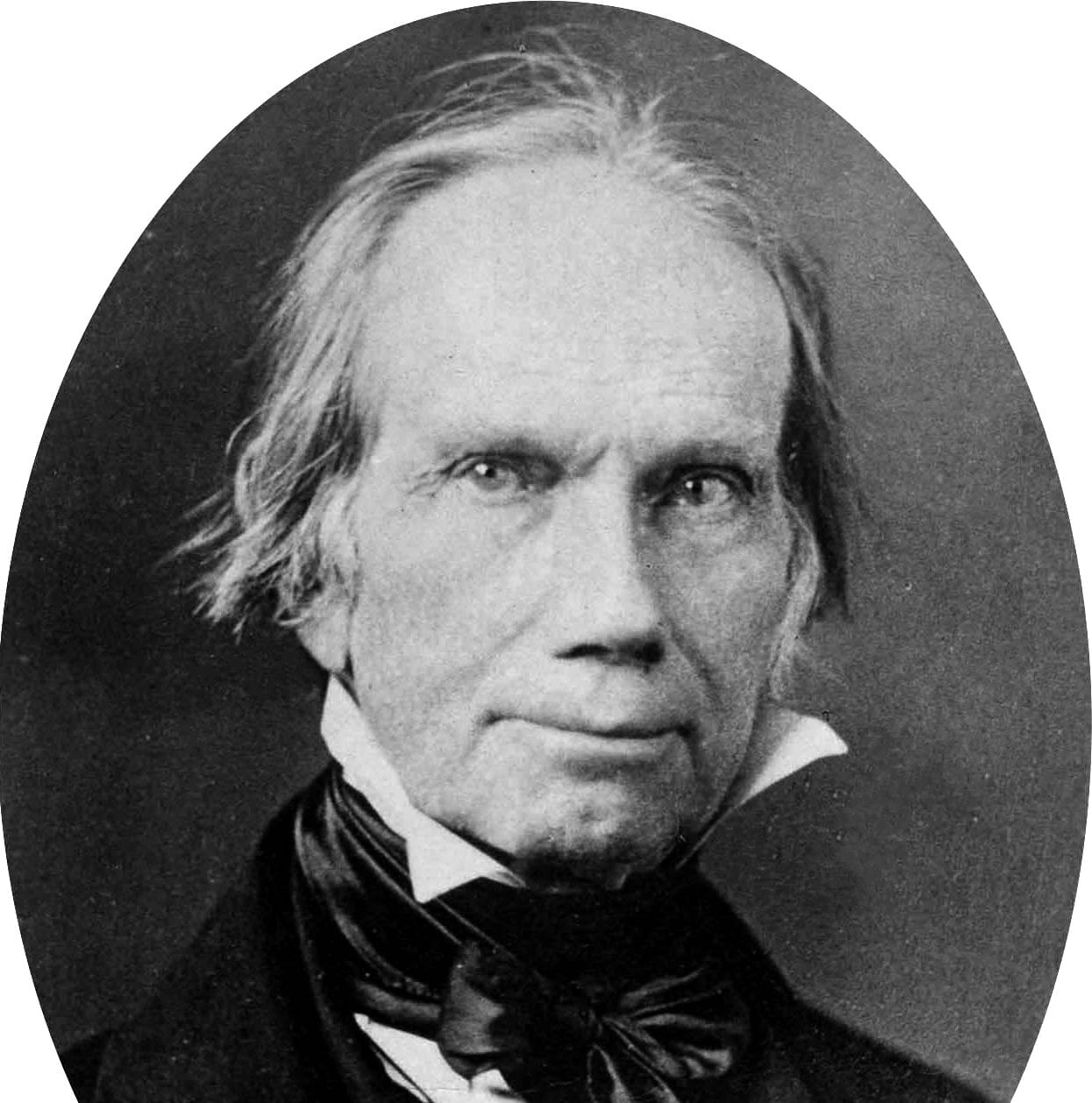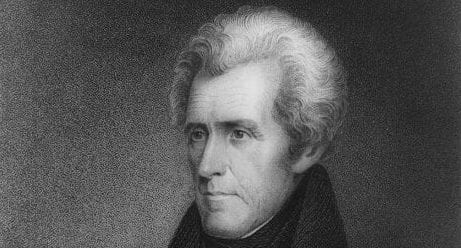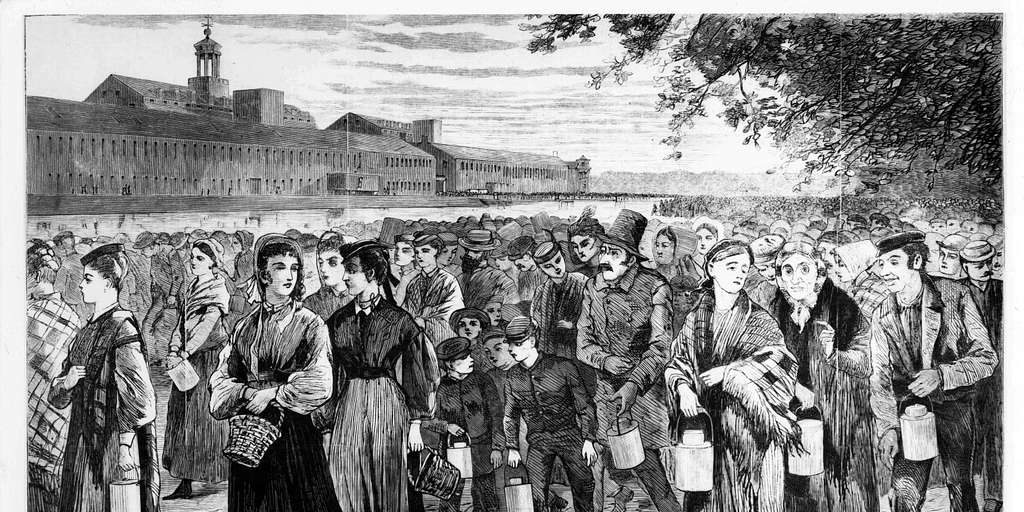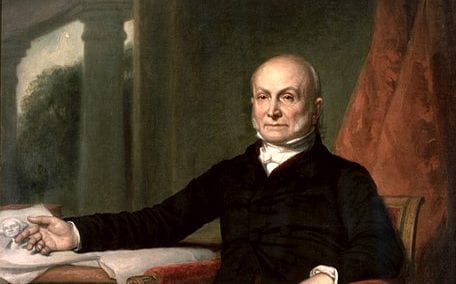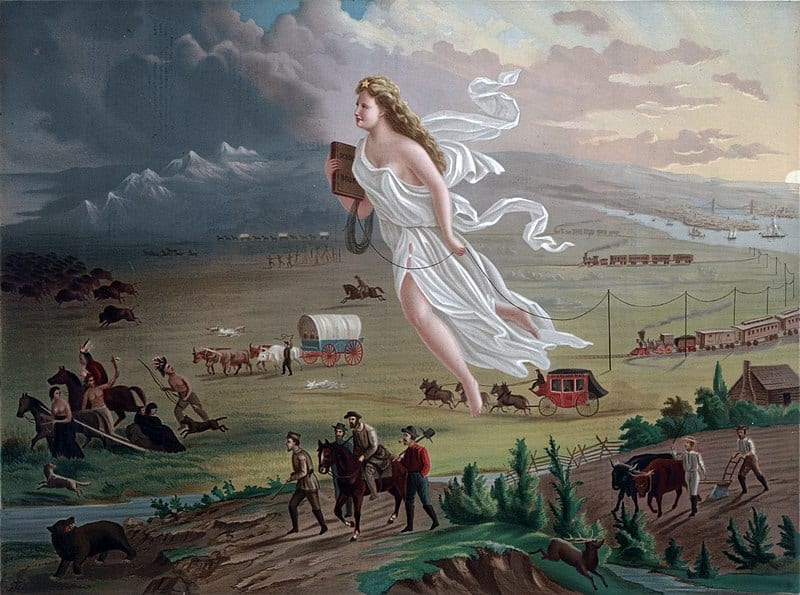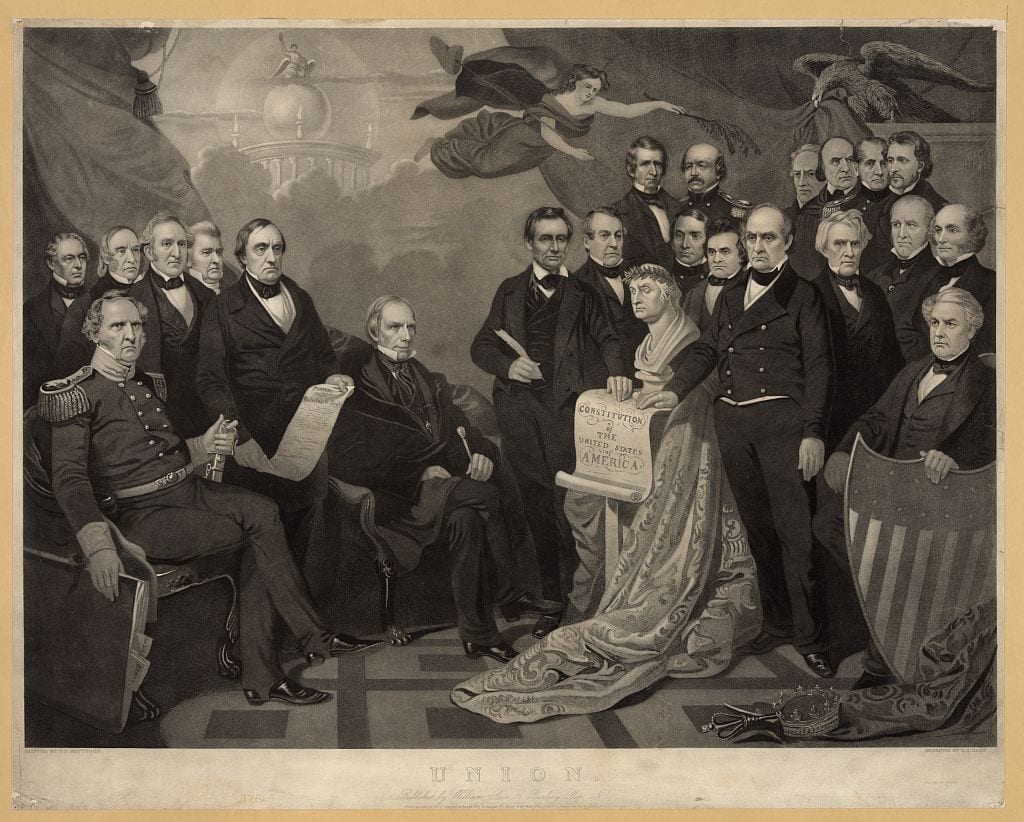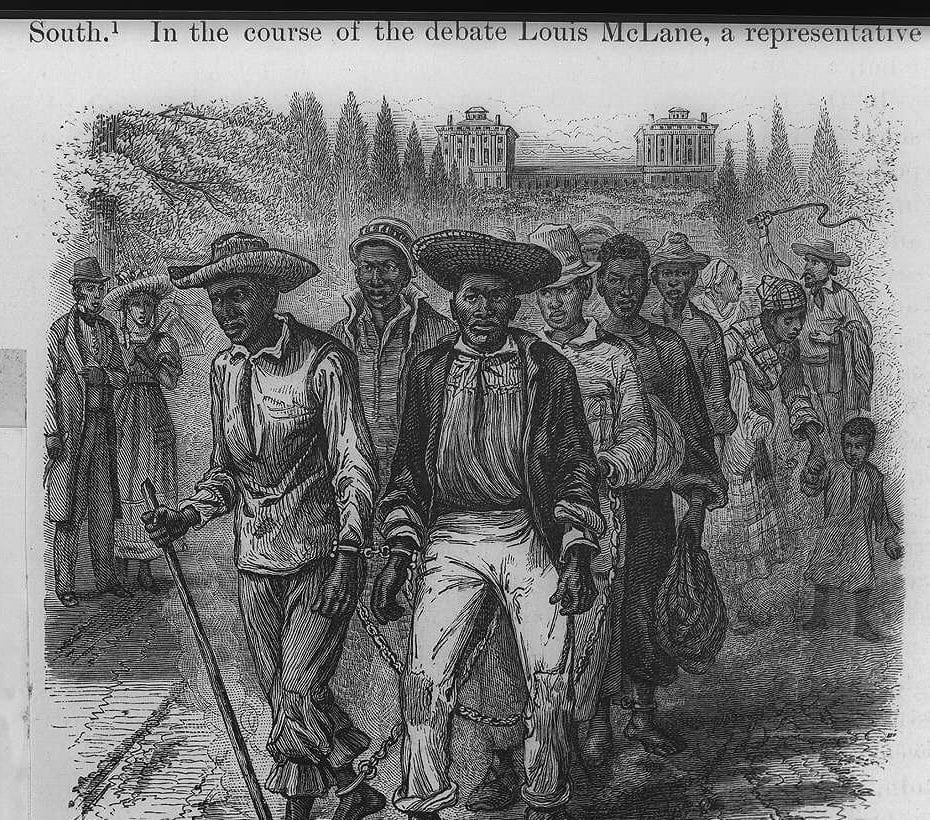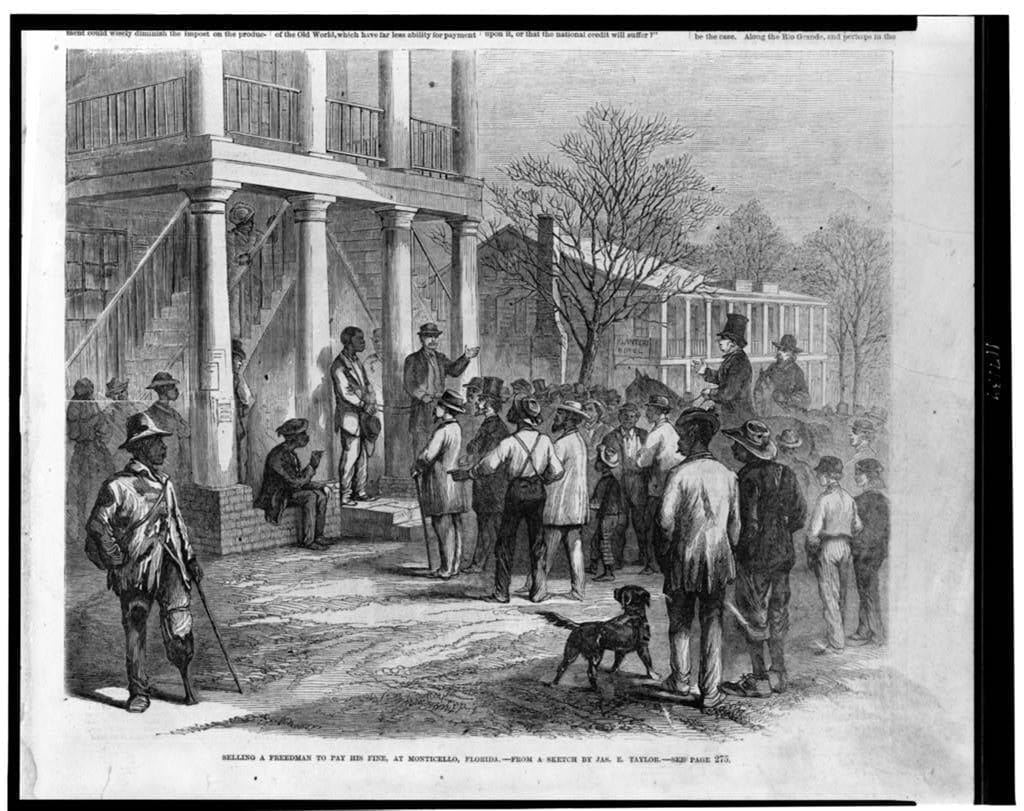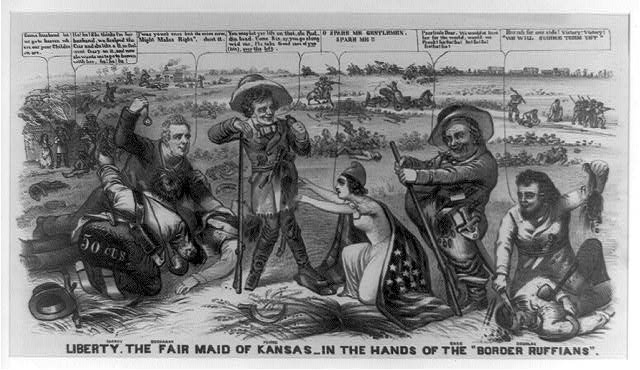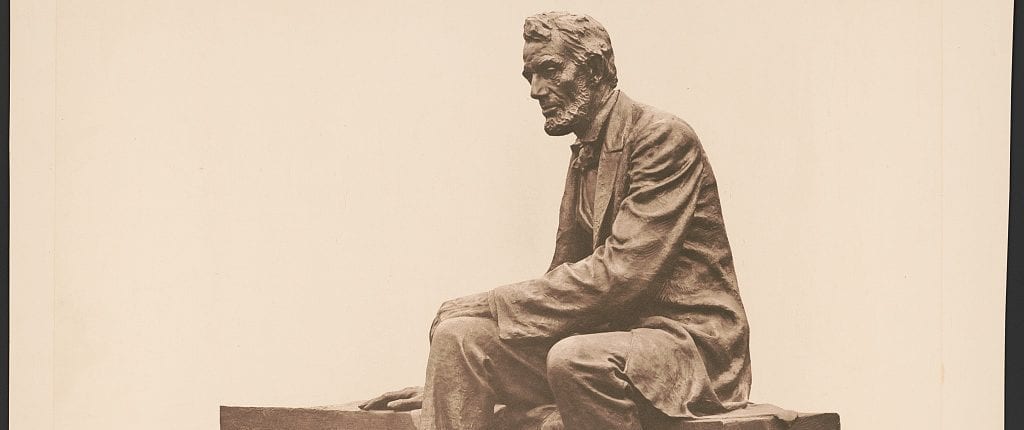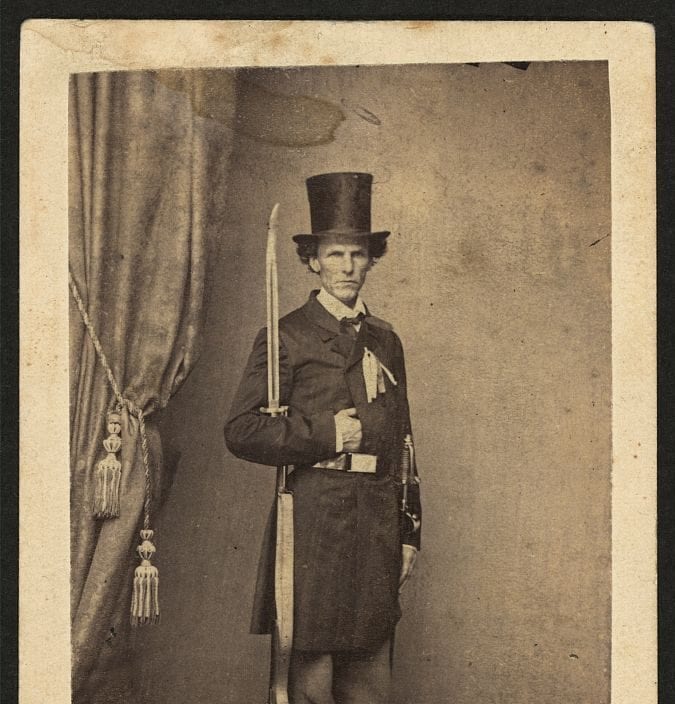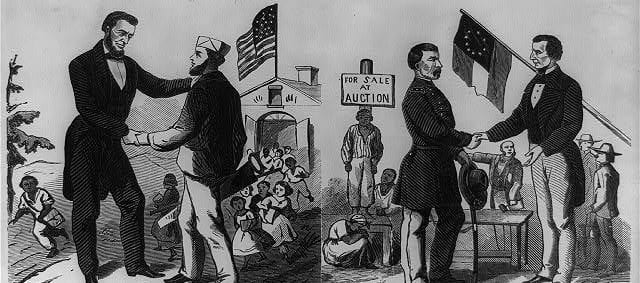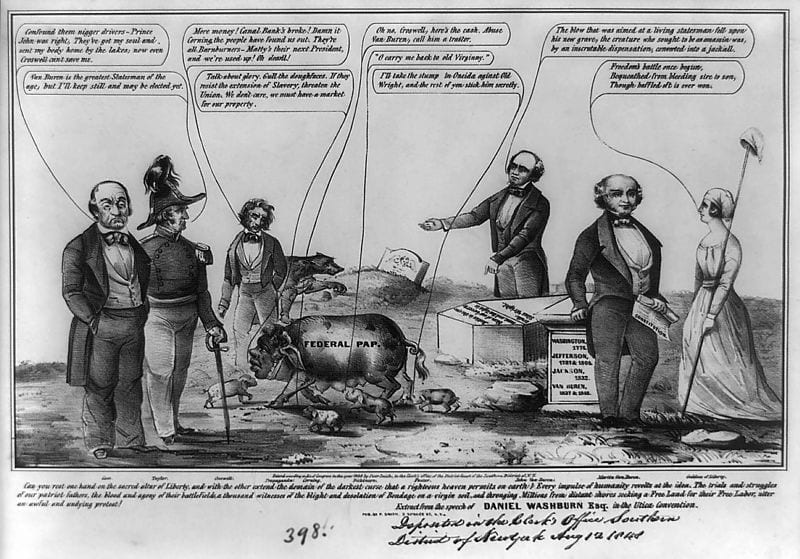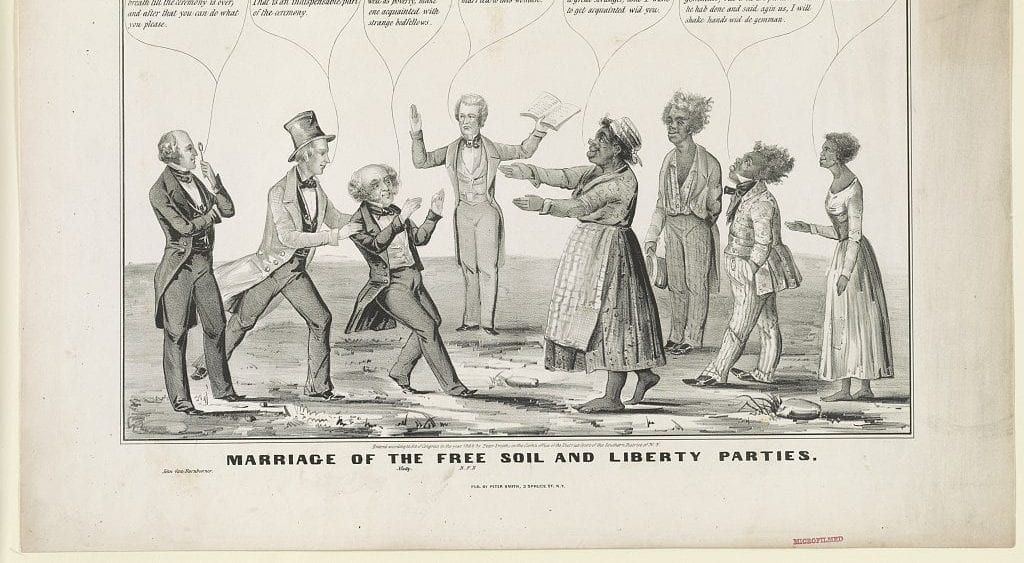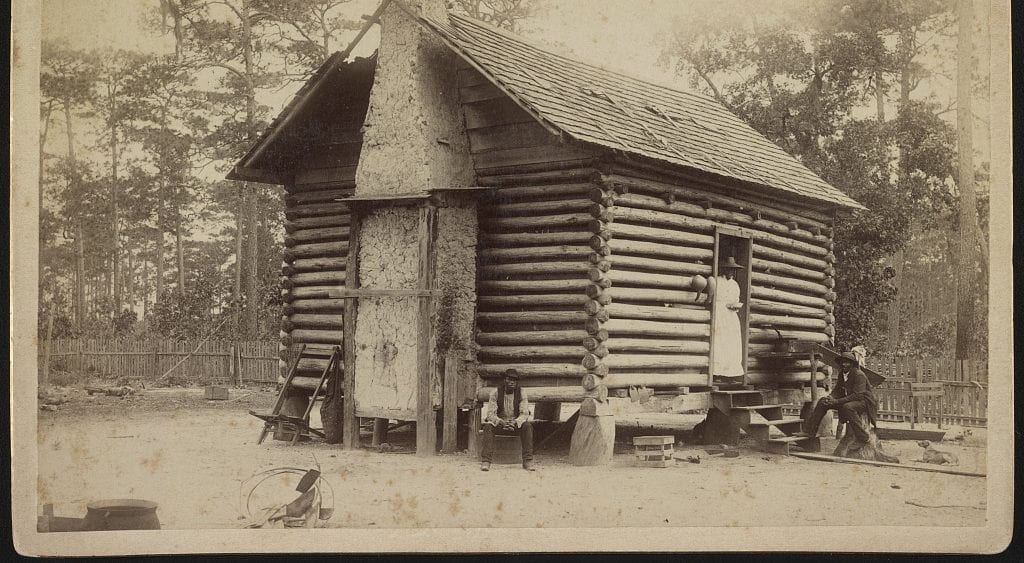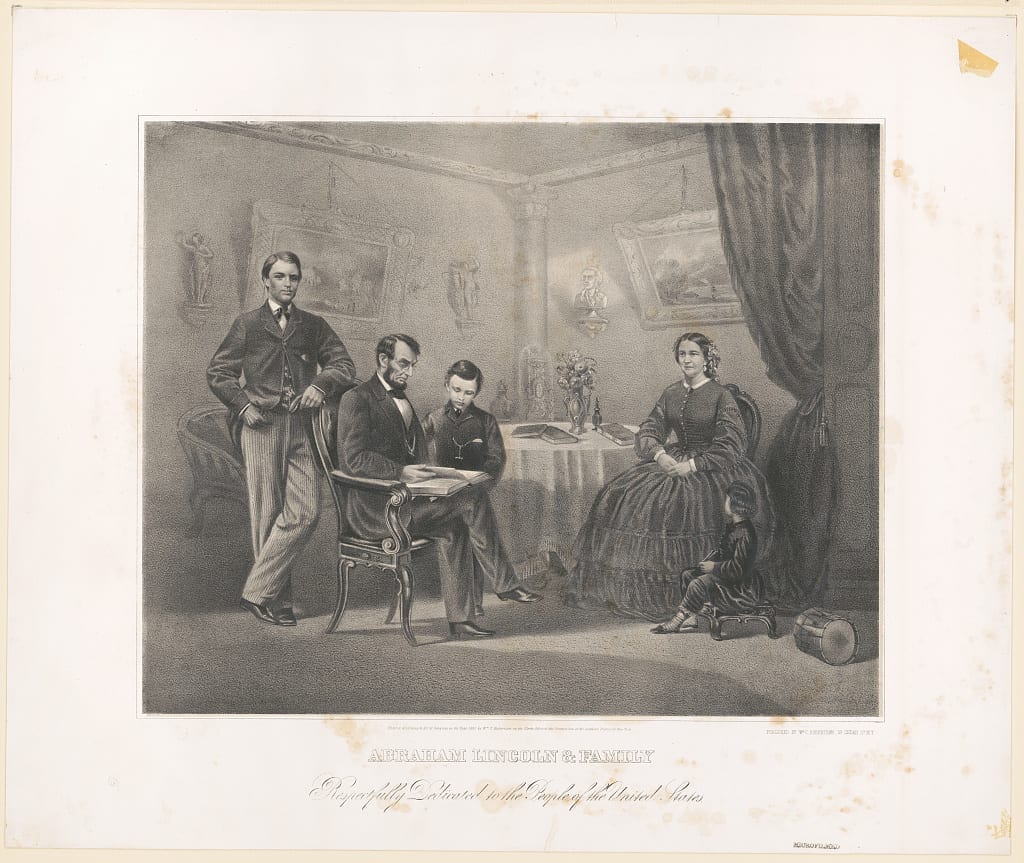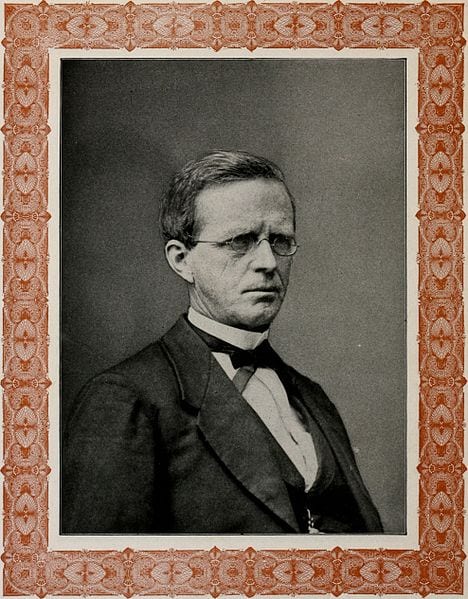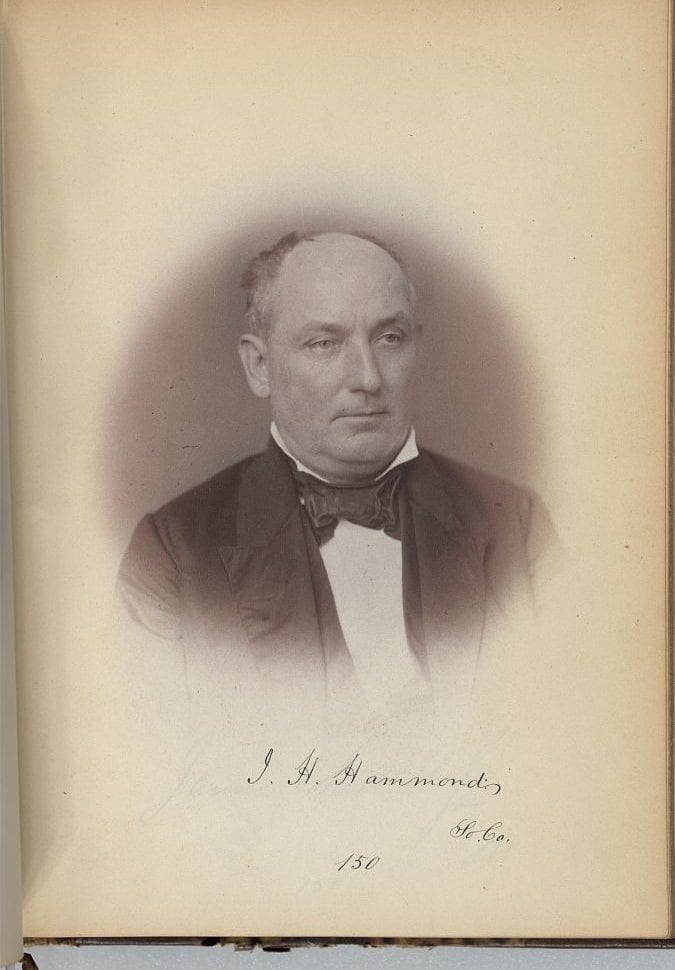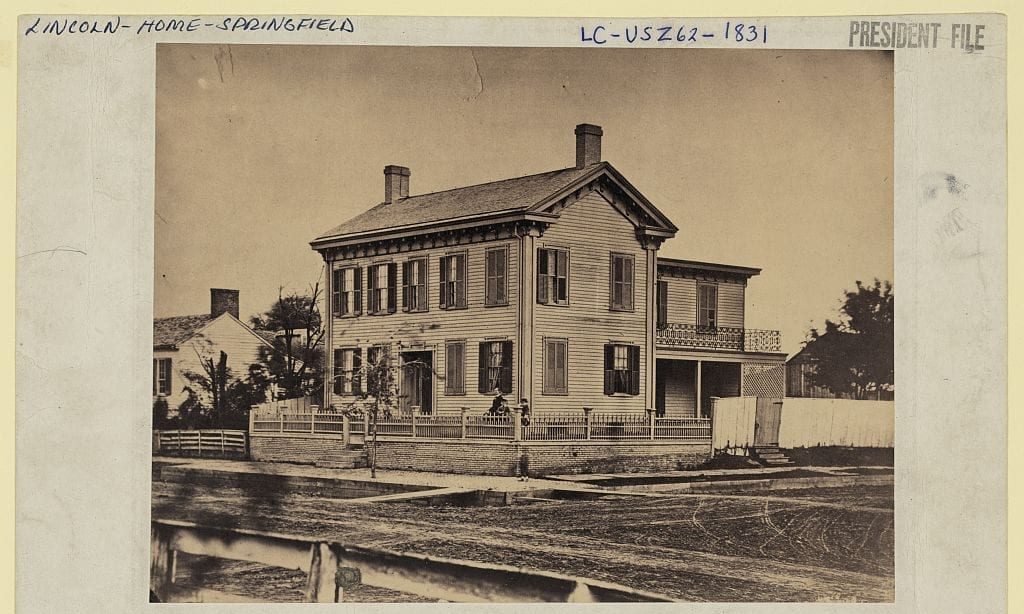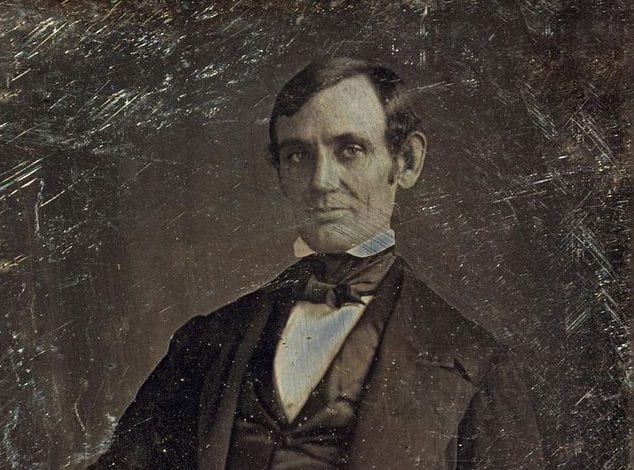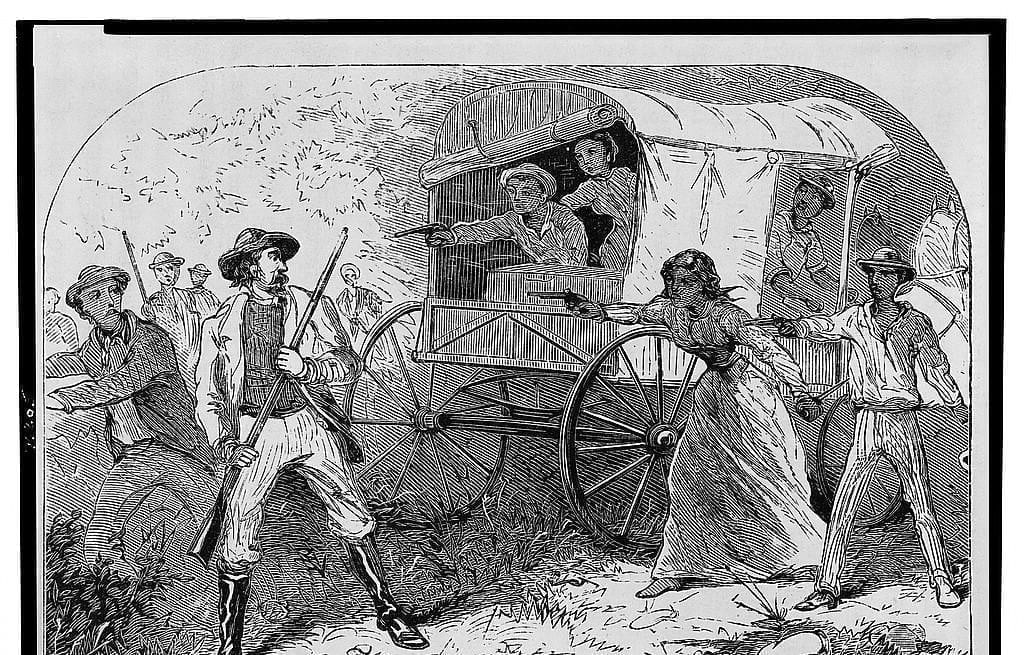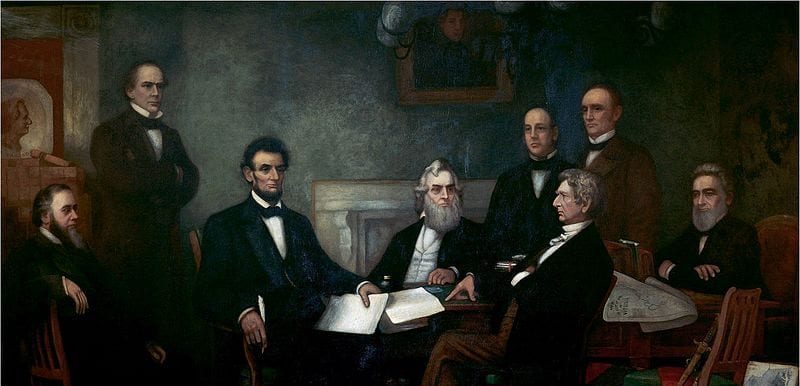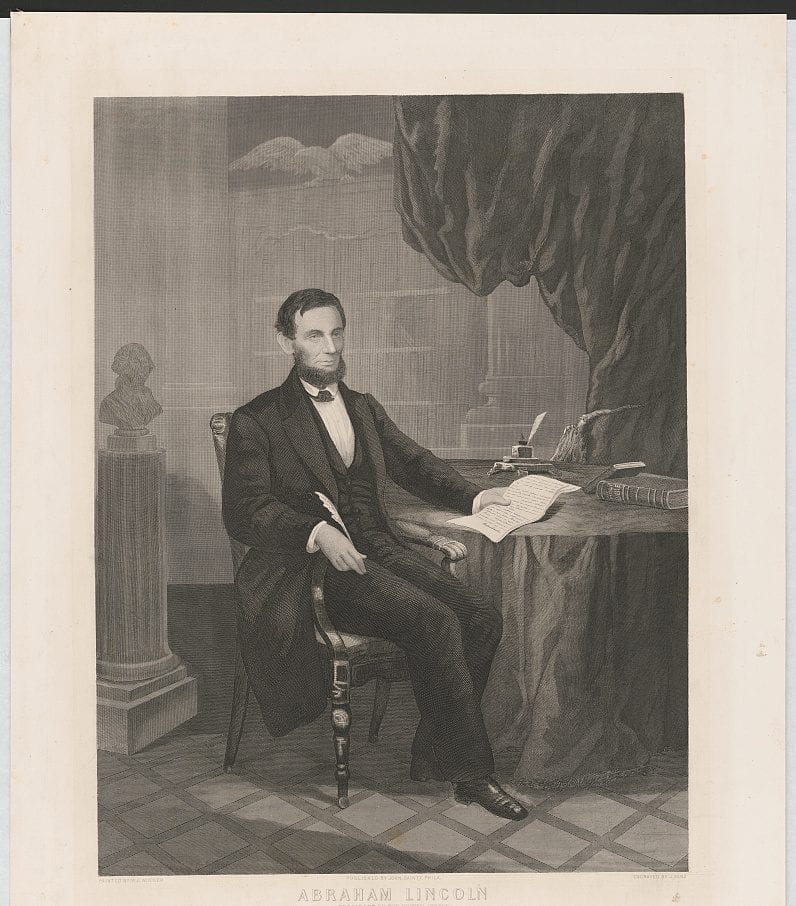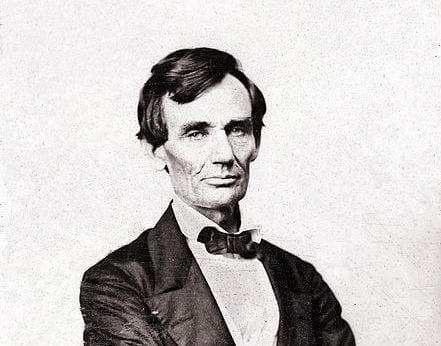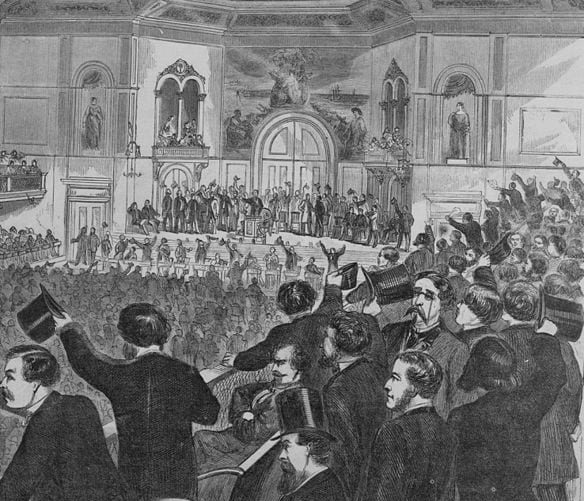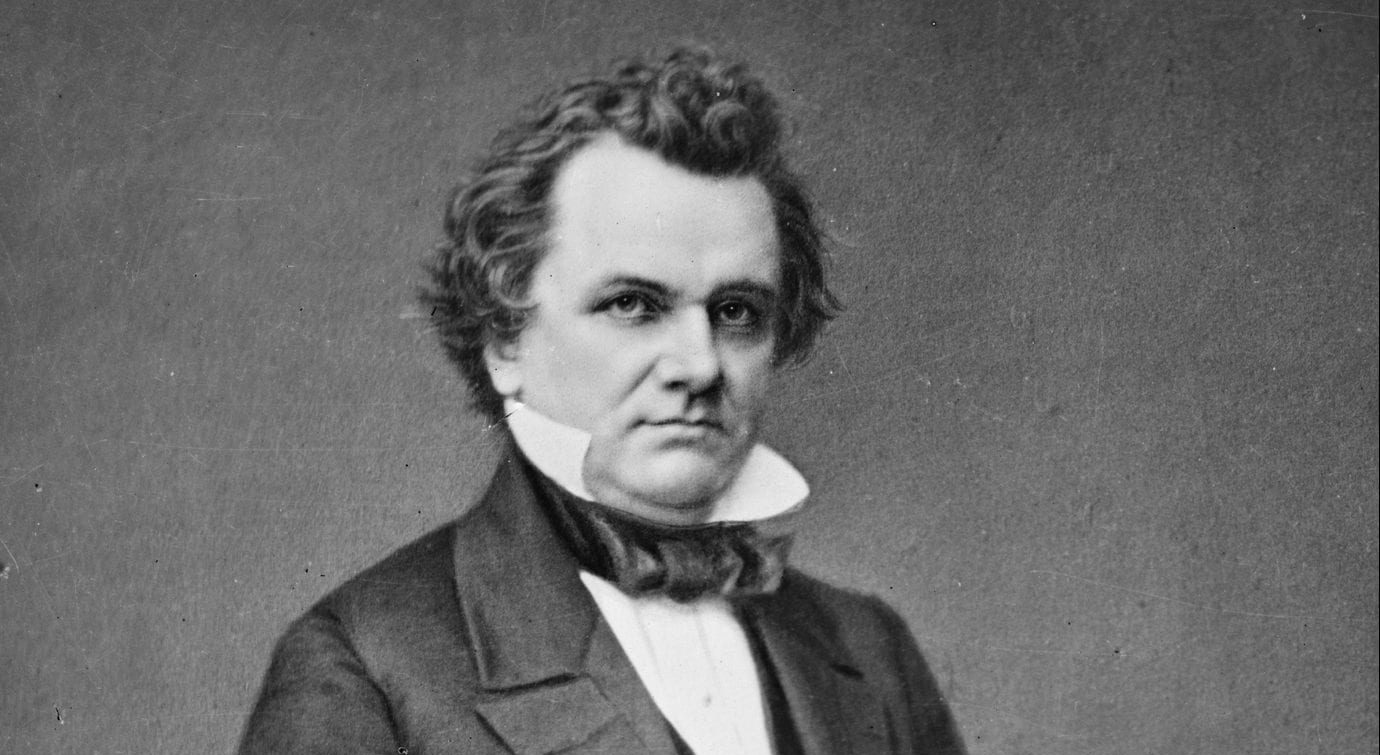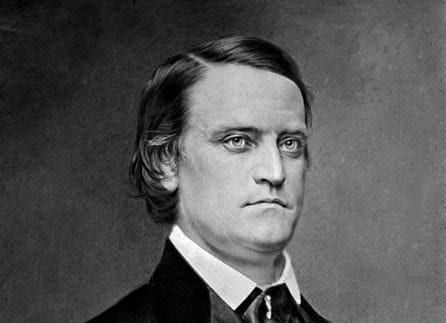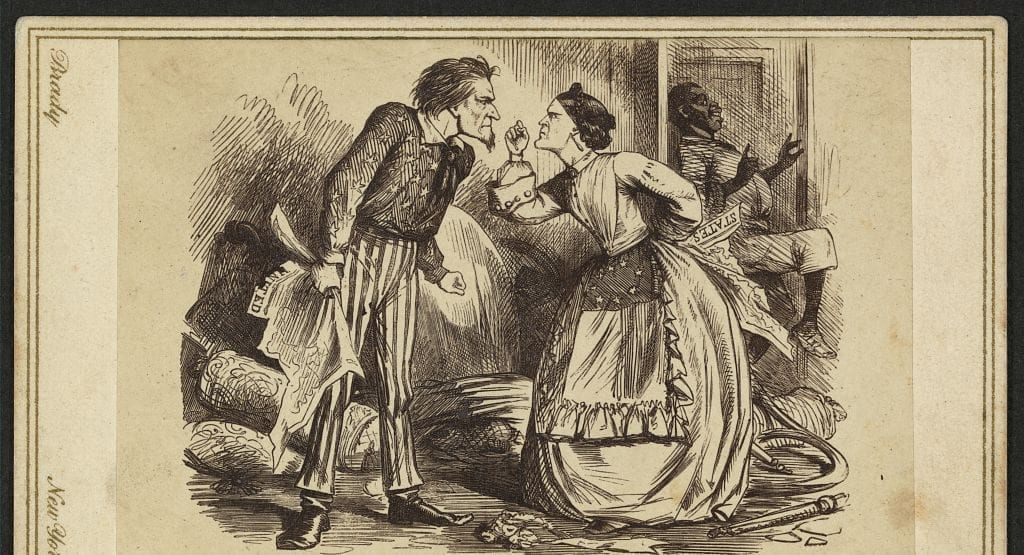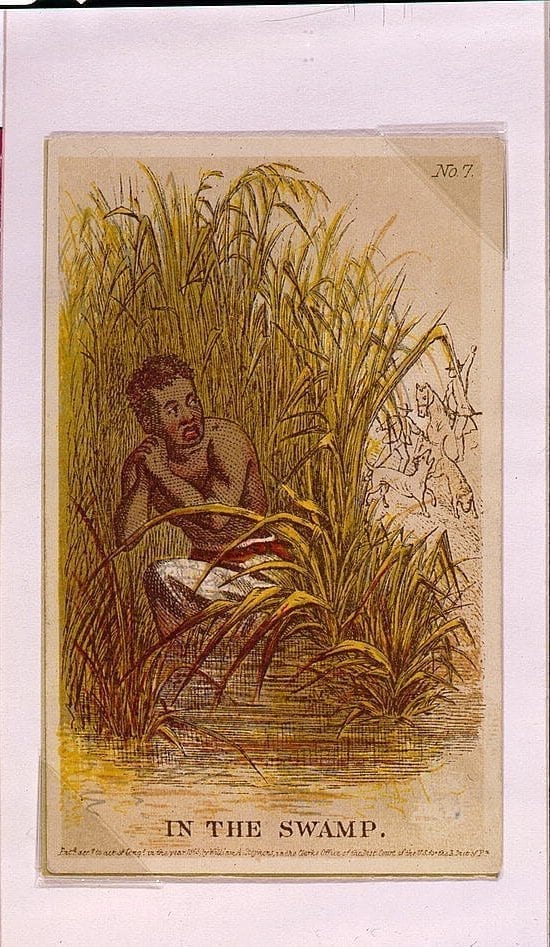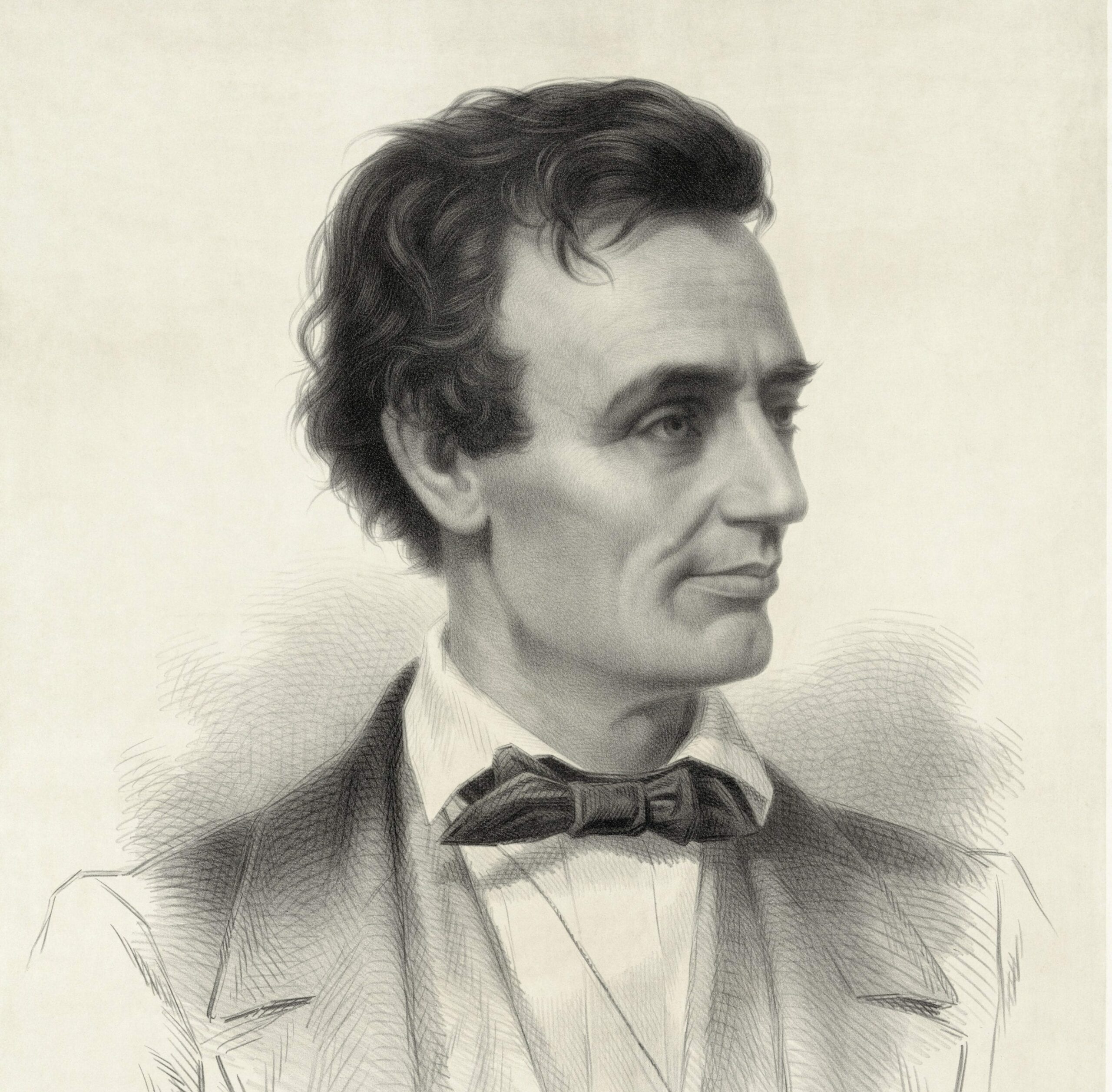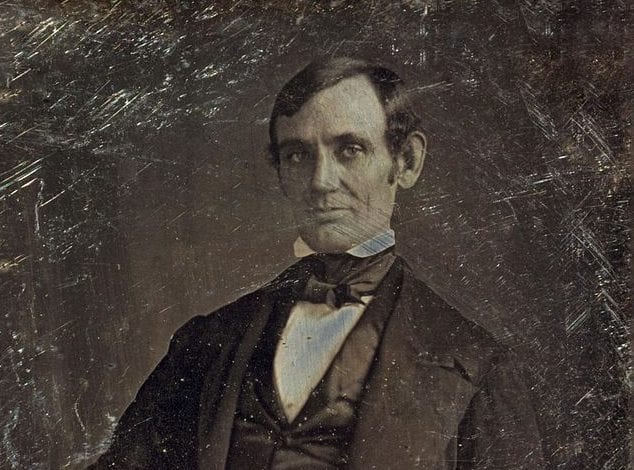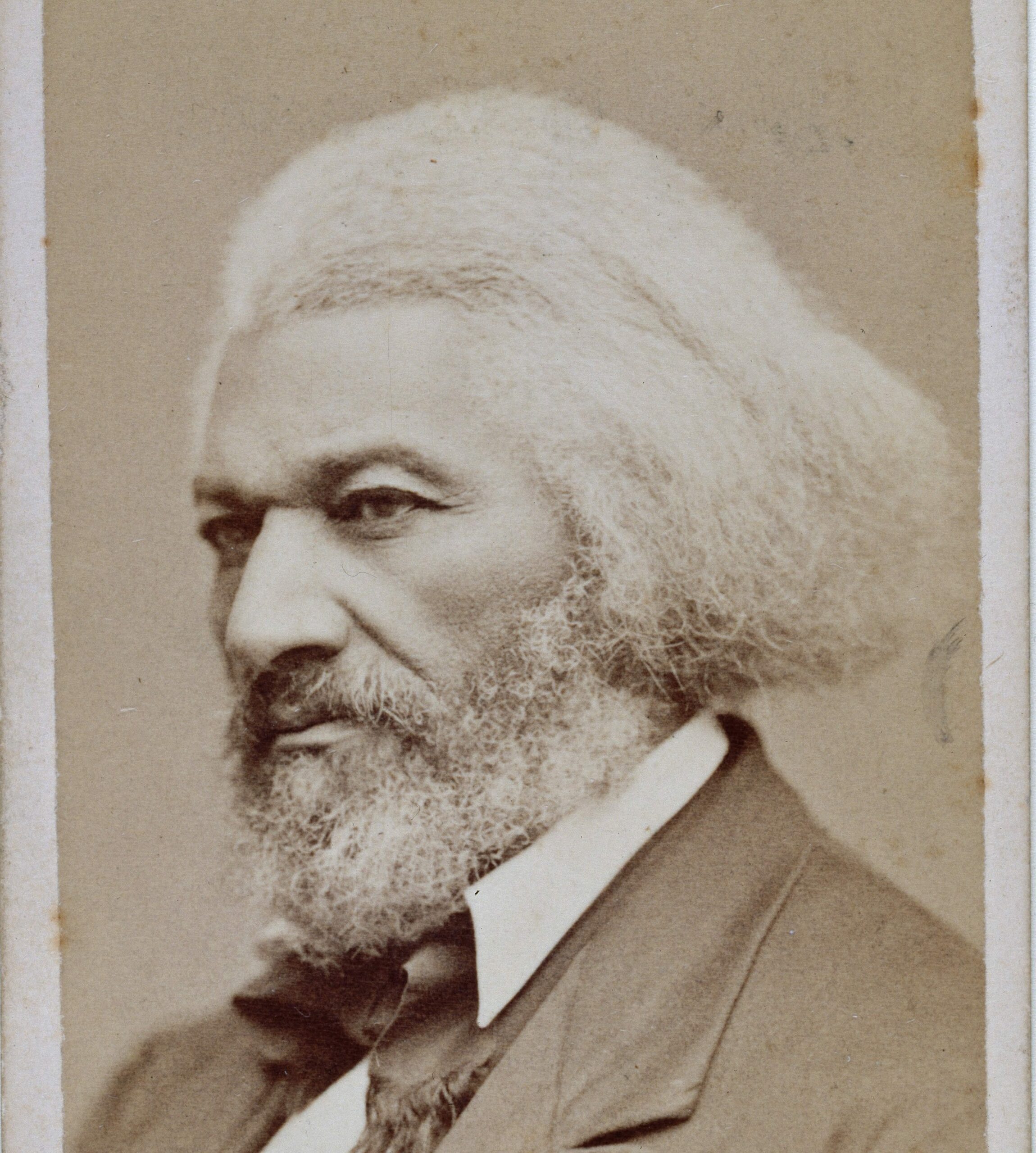
No related resources
Introduction
The Monroe Doctrine is one of the most iconic pronouncements in the history of American foreign policy. Although it was issued by President James Monroe (1758–1831), the document was the handiwork of his secretary of state, John Quincy Adams (1767–1848). The alliance between Monroe and Adams was emblematic of the “Era of Good Feelings”—Monroe had been a major player in Thomas Jefferson’s political party, while Adams was the son of one of the primary targets of Jefferson’s wrath. Yet throughout the entirety of Monroe’s presidency these two succeeded in deftly managing the course of American foreign policy. During the Monroe administration Adams successfully negotiated treaties with Spain, Great Britain, and Russia that both expanded American territory and settled, at least for a time, some troublesome boundary disputes.
President Monroe announced the Monroe Doctrine in his annual message to Congress in December 1823. The doctrine built on many of the principles that had animated Secretary Adams’ Fourth of July address to Congress in 1821. The timing of the doctrine’s publication was linked to fears that Old World powers were about to recolonize South America. Several independence movements had overthrown Spanish colonial regimes, and some of the European dynasties were also tottering on the brink of extinction. Czar Alexander I of Russia was determined to suppress movements for self-government and secular republicanism that had arisen since the French Revolution. He envisioned an alliance of European powers capable of suppressing such movements in Europe and abroad. This effort met with some success when the Spanish monarchy was restored following an invasion of French forces. This led to discussions about restoring Spain’s colonies in the Western Hemisphere.
At this point, much to the surprise of the Monroe administration, British foreign secretary George Canning (1770–1827) proposed a joint Anglo-American statement in opposition to any European attempt to restore Latin American colonies and pledging to respect the sovereignty of new nations. As he was inclined to do, President Monroe turned to former presidents Jefferson and Madison for advice, and both of those Anglophobes put aside their distrust of Great Britain and urged Monroe to accept Canning’s proposal.
Secretary Adams, on the other hand, was skeptical of Britain’s motives and feared that any joint statement with Britain would tie America’s hands when it came to American designs on Cuba and Texas. At a cabinet meeting on November 7, 1823, Adams argued that “it would be more candid, as well as more dignified, to avow our principles explicitly to Russia and France, than to come in as a cock-boat in the wake of the British man-of-war.” Adams’ argument persuaded Monroe. Adams also convinced the president not to recognize the revolutionary government of Greece, despite calls from Henry Clay and others to do so.
The Monroe Doctrine drew a line in the sand regarding any European attempts to “extend their system” into the Americas. Henceforth, the United States would take crossing this line as a threat to its peace and security. The doctrine also committed the United States to remain neutral in the quarrels of Europe and to respect the sovereignty of existing European colonies. Arguably, that aspect of the doctrine has been less than stringently observed.
The Monroe Doctrine lives on today. Many twentieth-century American presidents, including Theodore Roosevelt, John F. Kennedy, and Ronald Reagan, have invoked the doctrine in support of American efforts to prevent European meddling in Latin America.
President James Monroe, Annual Message, December 2, 1823, Annals of Congress, 18th Congress, 1st session, Senate Journal, 12–19, available at https://memory.loc.gov/cgi-bin/ampage?collId=llac&fileName=041/llac041.db&recNum=3.
… The citizens of the United States cherish sentiments the most friendly in favor of the liberty and happiness of their fellow men on that side of the Atlantic. In the wars of the European powers in matters relating to themselves we have never taken any part, nor does it comport with our policy so to do.
It is only when our rights are invaded or seriously menaced that we resent injuries or make preparation for our defense. With the movements in this hemisphere we are of necessity more immediately connected, and by causes which must be obvious to all enlightened and impartial observers.
The political system of the allied powers is essentially different in this respect from that of America. This difference proceeds from that which exists in their respective governments; and to the defense of our own, which has been achieved by the loss of so much blood and treasure and matured by the wisdom of their most enlightened citizens, and under which we have enjoyed unexampled felicity, this whole nation is devoted.
We owe it, therefore, to candor and to the amicable relations existing between the United States and those powers to declare that we should consider any attempt on their part to extend their system to any portion of this hemisphere as dangerous to our peace and safety. With the existing colonies or dependencies of any European power we have not interfered and shall not interfere, but with the governments who have declared their independence and maintained it, and whose independence we have, on great consideration and on just principles, acknowledged, we could not view any interposition for the purpose of oppressing them, or controlling in any other manner their destiny, by any European power in any other light than as the manifestation of an unfriendly disposition toward the United States.
In the war between those new governments and Spain we declared our neutrality at the time of their recognition, and to this we have adhered, and shall continue to adhere, provided no change shall occur which, in the judgment of the competent authorities of this government, shall make a corresponding change on the part of the United States indispensable to their security.
The late events in Spain and Portugal shew that Europe is still unsettled.1 Of this important fact no stronger proof can be adduced than that the allied powers should have thought it proper, on any principle satisfactory to themselves, to have interposed by force in the internal concerns of Spain. To what extent such interposition may be carried, on the same principle, is a question in which all independent powers whose governments differ from theirs are interested, even those most remote, and surely none more so than the United States.
Our policy in regard to Europe, which was adopted at an early stage of the wars which have so long agitated that quarter of the globe, nevertheless remains the same, which is, not to interfere in the internal concerns of any of its powers; to consider the government de facto as the legitimate government for us; to cultivate friendly relations with it, and to preserve those relations by a frank, firm, and manly policy, meeting in all instances the just claims of every power, submitting to injuries from none. But in regard to those continents, circumstances are eminently and conspicuously different. It is impossible that the allied powers should extend their political system to any portion of either continent without endangering our peace and happiness; nor can anyone believe that our southern brethren, if left to themselves, would adopt it of their own accord. It is equally impossible, therefore, that we should behold such interposition in any form with indifference. If we look to the comparative strength and resources of Spain and those new governments, and their distance from each other, it must be obvious that she can never subdue them. It is still the true policy of the United States to leave the parties to themselves, in the hope that other powers will pursue the same course….
- 1. Monroe referred here to efforts by the so-called Holy Alliance (Austria, Prussia, Russia) led by Czar Alexander I to support royalist forces. Great Britain and France associated with the Holy Alliance to support the terms of the Congress of Vienna that sought to stabilize Europe after the Napoleonic Wars.
Letter from John Ross to John C. Calhoun (1824)
February 11, 1824
Conversation-based seminars for collegial PD, one-day and multi-day seminars, graduate credit seminars (MA degree), online and in-person.














